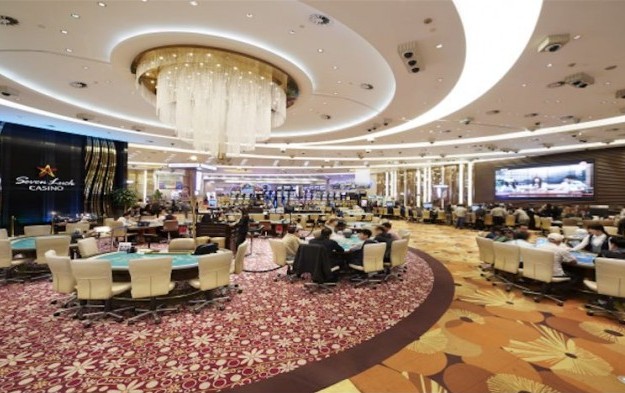In the New York Times, Kamala Harris was likened to a poker player in Nate Silver's recent analysis, "I Have Been Studying Poker for Years. Kamala Harris Isn’t Bluffing." The use of "poker" in reference to Harris is a deliberate choice by Silver, one that encapsulates both her strategic acumen and her ability to navigate the high-stakes world of politics with calculated precision.
The article by Silver draws parallels between the political scene and the world of poker, a game of skill, risk, and strategy. Silver, a well-known statistician and author, explores how different elites—divided into what he calls "The River" and "The Village"—approach decision-making. The River, consisting of risk-takers like poker players, venture capitalists, and sports bettors, makes decisions based on expected value and calculated risks. In contrast, the Village, representing the East Coast expert class, tends to be more risk-averse, favouring consensus and caution.
Silver’s analogy of Harris as a poker player suggests that she embodies the River’s approach to decision-making. He implies that her political moves, particularly in the 2024 presidential race, reflect the strategic thinking and risk management that define successful poker play. The article highlights how Harris, after President Biden’s withdrawal from the race, swiftly consolidated support within the Democratic Party, securing the nomination with remarkable efficiency. This swift and decisive action is akin to a poker player who knows when to go all in, understanding that the potential rewards outweigh the risks.
Silver contrasts this with Donald Trump’s recent decisions, which he describes as being driven by emotion rather than strategy—a condition known in poker as being "on tilt." Trump’s choice of Senator JD Vance as his running mate, despite Vance’s lack of broad appeal, is seen as a gamble that may not pay off. Silver argues that Trump’s recent moves lack the calculated risk assessment that is crucial in poker and politics alike, suggesting that his overconfidence could lead to his downfall.
Harris, on the other hand, is portrayed as a player who has learned from past failures and is now leveraging her experience to make smarter, more calculated decisions. Silver points out that Harris’s 2019 primary campaign was not successful, but like many great poker players, she has used those setbacks as learning experiences. Her choice of Governor Tim Walz of Minnesota as her running mate, though initially seen as cautious, has proven to be a stabilising force in her campaign, reflecting her ability to balance risk and reward.
Poker, Harris' route to the White House
The article further explores the dynamics between the River and the Village in the broader context of American politics. Silver notes that while the River has been dominant in areas like technology and finance, the Village has managed to outmanoeuvre the River in the 2024 election cycle. The Village’s decision to replace Biden with Harris is framed as a strategic move that has doubled the Democrats’ chances of winning, according to Silver’s election forecast model.
Ultimately, Silver’s use of poker as a metaphor for Harris’ political strategy serves to highlight her ability to remain calm under pressure and make decisions that are both bold and calculated. As the election progresses, Harris’s poker-playing instincts will likely be tested further, especially as she moves into the position of front-runner. The upcoming debate in Philadelphia will be a critical moment for her, as Silver suggests that she will need to resist the Village’s tendency toward complacency and continue to play her cards wisely.
Silver’s article in the New York Times offers the portrayal of Kamala Harris as a political figure who embodies the strategic, risk-taking ethos of a poker player. By framing her in this light, Silver focuses on the importance of calculated risk in politics, suggesting that Harris’s poker tactics may be her greatest asset in the race for the White House.
SiGMA East Europe Summit powered by Soft2Bet, happening in Budapest from 2 – 4 September.









 The decline in revenue resulted in a
The decline in revenue resulted in a 













